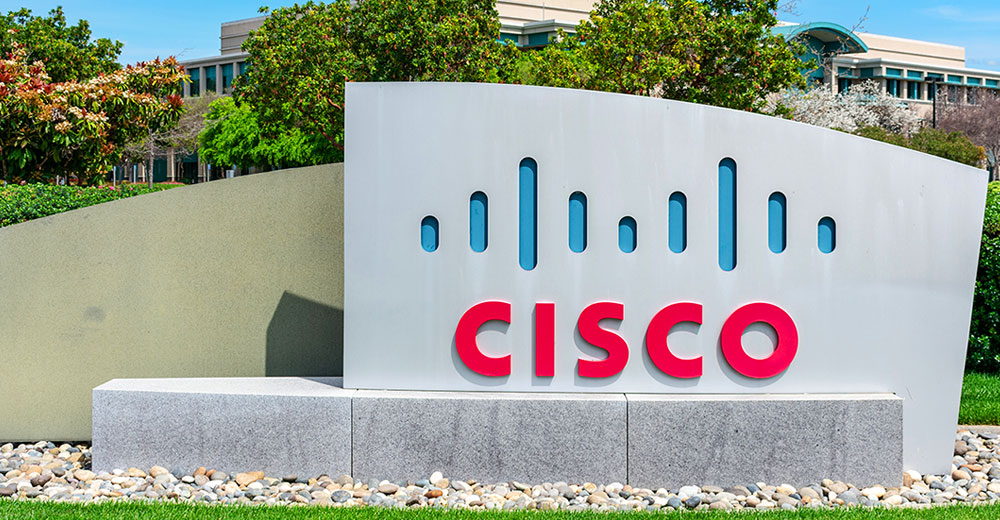
The software industry isn’t what it used to be. Open source software, globalization and outsourcing have irrevocably changed the sector and the skills needed by those who choose to work in it. That’s the reason given by the Western branch of a major Eastern university when it announced last week a new degree program that gives its students the necessary skills to succeed in the brave new world of software.
The Master of Science (MS) program in Software Management announced by Carnegie Mellon West, located in Mountain View, Calif., will offer students “a hands-on, team-oriented education that both bolsters and breaks with tradition,” the university said.
The program is built on the university’s existing software engineering curriculum, the school explained, but adds a business and organizational component that “breaks with tradition by giving students the broader perspective needed to collaborate with and lead the global, distributed teams that are defining next-generation software organizations.”
Open Source Ecosystem
A key component of those next-generation organizations will be open source software.
Open source software components have been ingrained throughout the curriculum of the new degree program, explained Carnegie Mellon West Associate Dean of Education Martin Griss.
“We have an elective on open source for students who want to learn more about it as both a technical and business issue,” he told LinuxInsider.
What’s more, he continued, in the program’s product-oriented courses, students are asked to survey the open source ecosystem for components they could add to new products. Such choices, he explained, can change the cost profile for developing the product, as well as any connected licensing issues.
Product development can be influenced by open source, he added. “Instead of developing the product yourself,” he noted, “you could choose to adopt an open source development strategy.”
Aligns With Changing Demands
“I can’t overstate the importance of the direction Carnegie Mellon West is taking its new MS program,” said Ray Lane, a general partner with Kleiner Perkins Caufield & Byers.
“The software management program aligns with the changing employment demands of typical software companies, where the business of software and the management of development teams are becoming paramount to success,” he added.
The program is for people preparing to take leadership roles in the software industry, explained Carnegie Mellon’s Griss. “We’re trying to balance management, organization, business and technology,” he said.
MBA in MS Clothing?
“Globalization and outsourcing are facts of life,” Griss said. “They’re not good or bad. Our educational system simply has to recognize these facts and fold them into the curriculum.”
Though the offering might appear to be an MBA in MS clothing, Griss discounted that assertion.
“An MBA is very broad and generic — you take much the same course whether you’re selling shoes or software,” he explained. “What we try to do is embed and intertwine the business issues and the software issues.”
Lifeline for Engineers
For software engineers watching more programming work moving overseas, the new Carnegie Mellon degree may offer a path to greater career security.
“As there is more globalization and outsourcing, software engineers may want to move up the value chain,” Griss observed. “Management may be more valuable than just software engineering.”
“We don’t see that as the primary goal of the program,” he added. “It’s meant to serve a population that wants to become more effective at managing complex distributed teams in a rapidly changing environment.”
Software engineers need to know more about their company’s business now more than ever, Griss noted. “They have to know how their company is trying to compete because knowing that higher level business strategy influences the technical decisions that they make.”
If a company is competing on compatibility, for example, then the software engineer would want to work within standards, Griss said. If a company is competing on the basis of time-to-market, then the engineer would want his team to work really fast and introduce additional product features over time.
Start of Transition
The management aspects of the program attracted Jaroslaw Wilkiewicz. “I have seen first-line managers before and felt unprepared to do that job,” the BEA Systems senior software engineer at told LinuxInsider.
The program’s emphasis on open source technology and globalization also tantalized Wilkiewicz. “I’m originally from Poland, and I’m hoping to leverage that down the road in my career,” he said.
“I don’t believe there are any shortcuts you can take to jump into management without significant experience,” he asserted. “But I’ve been out of college for 10 years now working in the industry and, at this point, I’m thinking of transitioning into a leadership role. I hope this degree is going to start the transition.”




















































